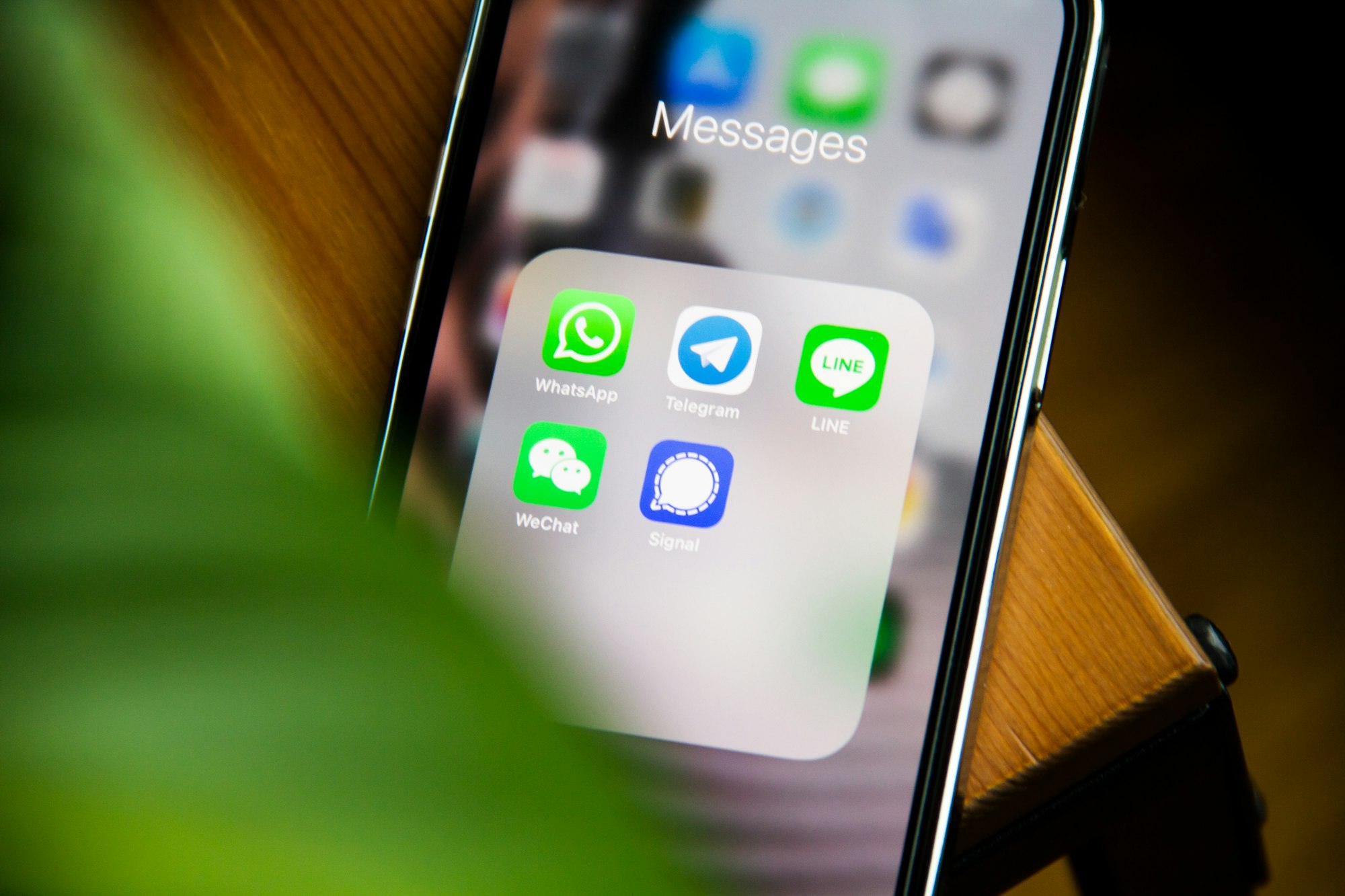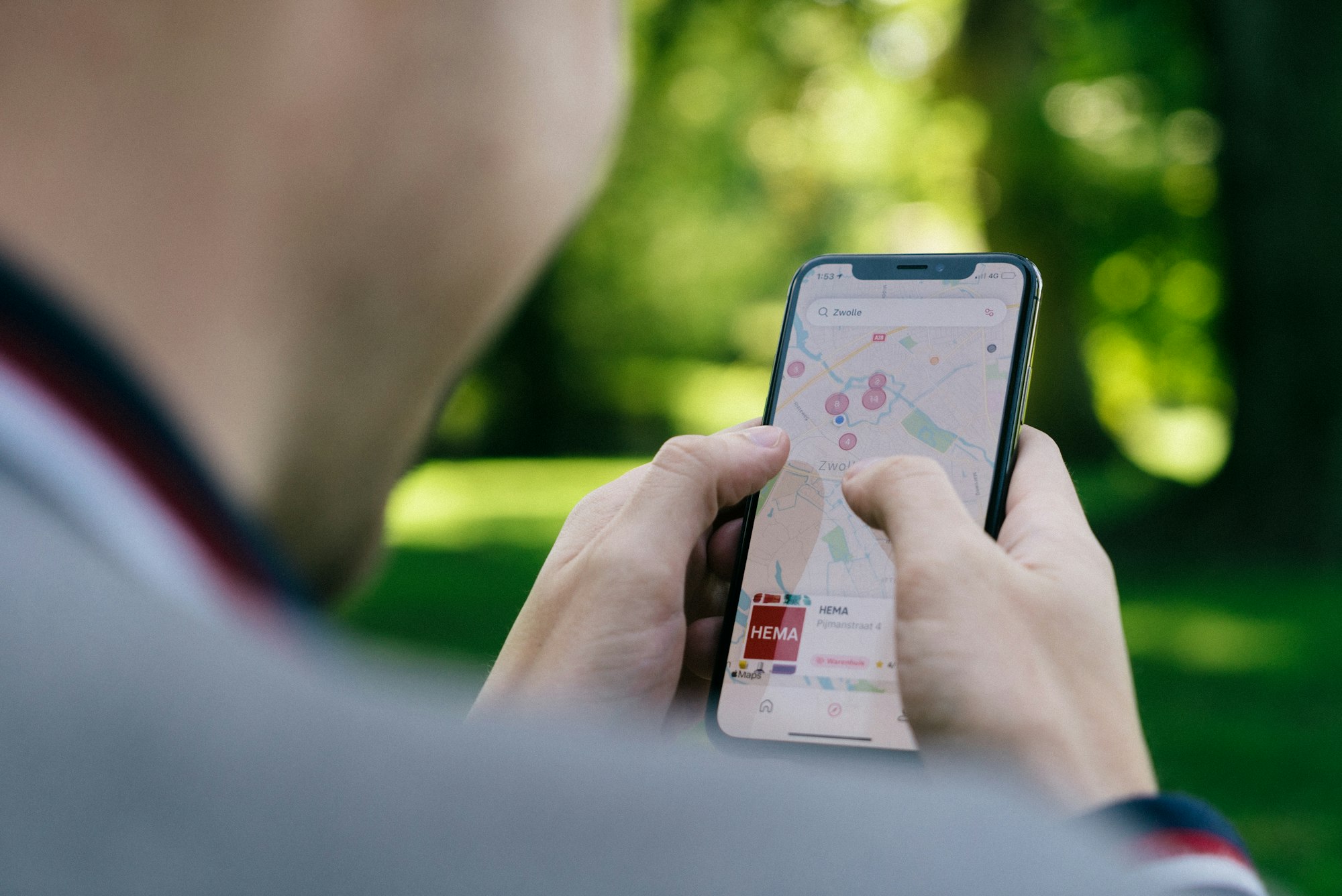
Must-have apps for a trip to China (2025)
All the essential apps to make your trip to China as frictionless as possible
Share this post:
Last updated September 2025
🧳 Trip Planning Essentials
🛫 Flights, Trains & Hotels
Book everything in one place on Trip.com.
🎟 Tours & Tickets
Skip lines with GetYourGuide or Klook.
💰 Payments
AliPay and WeChat are a must — use it with Wise card to save on fees and get better conversion rates!
📱 Stay Connected
For cheaper data access use Saily eSIM. Pair with NordVPN to access blocked websites.
🚖 Airport Transfers
Traveling with luggage? Pre-book a private car pickup for a smooth arrival.
👉 See more China travel essentials
Getting to know ins and outs of all the apps you might need during a trip to China might be one of the biggest challenges of planning your trip.
It will also probably be the first thing you want to search for in Google - but guess what, there are not that many information about it.
Which is why I put together this short guide to most important apps you need when traveling around China.
Rest assured that once you understand the apps and what they are used for, it will become a second nature and you.
So, without further introductions, here is a complete list of apps you need for China.
The number 1 must-have do-it-all app that you simply cannot get without when in China. While many Westerners think of WeChat sort of as a Chinese WhatsApp, it is much more.
To use WeChat, you need to verify your account with a valid national ID, so to save yourself some hassle, I recommend setting it up before your trip.

Chat
One of WeChat's main functionalities - while not the most important one (WeChat Pay is!) - it is the way to communicate with people and businesses in China. While you can use Western apps without VPN, nobody in China uses WhatsApp or Signal, so you really need WeChat to communicate.
The cool and helpful part is that it allows you to translate everything directly in the chat, so hotel staff will often share with you their WeChat ID to facilitate communication.
Payment
The real reason why you need WeChat. People in China rarely use cash, so you would be met with constant looks of surprise when trying to pay cash. Plus, they might not have a change to give you.
All vendors, from big shops to street food sellers will have a WeChat and AliPay QR code available for you to scan and pay.
I recommend installing both WeChat and AliPay, as sometimes one of them doesn't work.
Buying Tickets
Many museums or tourist attractions will allow you to buy tickets directly on WeChat. Some will ask you for a phone number, but usually any valid number matching the Chinese phone number format will do.
Channels
Many businesses and individuals alike, will have their own channels where they post news, articles and videos, so it is a useful way to find out about stuff.
Sometimes you can buy tickets to museums clicking directly from the channel.
Mini Programs
WeChat is a true all-in-one behemoth of an app with many features. One of the features are Mini Programs, which are entire apps living inside of WeChat.
Many apps, like Didi (ride-hailing) or MeiTuan (shopping and delivery) can be accessed directly from WeChat interface, which means you don't need to install that many separate apps, but you can use them directly from WeChat.
AliPay
AliPay is another must-have when it comes to a trip to China.
While there is some overlap in services (payments), there are other functionalities that are accessible only on AliPay.

Payment
Same as WeChat - we mostly use WeChat, but it does happen that it doesn't work for some reason, which is why it makes sense to have both,
Buying Tickets
Same as with WeChat, you can use AliPay to scan QR code and buy tickets directly in the app.
What is really helpful, is that AliPay has a feature to translate the whole interface directly in the app, making buying tickets much easier.
Transport
This is a relatively new possibility for foreigners. You can now pay for transport directly inside of AliPay. You can use a foreign credit card that you have set up and generate a QR code to scan for each city's transport system.
Wise
Wise is a Western app for managing money transfers, and it is not useful specifically for China, but for any travel really, so I highly recommend using it if you want to save on currency spreads.
You can configure it to be used in both WeChat and AliPay, and it will be cheaper than using a standard credit card with its expensive conversion rates.
Trip.com
While you might be used to Booking.com or Hostelworld.com for accommodation booking, in China Trip.com is the way to go.
But Trip is so much more than that - and it is probably the only app other than WeChat or AliPay that I would consider a necessity when traveling to China.
Accommodation
Trip.com is the best app in China for hotel bookings. There is a much wider selection of accommodations than in Booking.com and there is a loyalty program and special offers available only in the app.
Train tickets
While there are other ways to buy tickets, Trip.com offers you the easiest way to do so!
They have a pre-booking system (not available on the official railway app) and easy way to handle cancellation.
They also give you an option to select multiple trains or seat classes as a back up in case your preferred option is not available.
All prices are displayed in your local currency so it is very easy to know how much you will pay.
Plane tickets
Trip.com also allows you to book plane tickets directly in the app.
Car rental
There is a car rental option in the app but it seems to be working anywhere but China.
Attraction tickets
We used this option a lot during our last trip.
More and more tourist attraction and venues allow you to book tickets directly in the app, and they don't charge some kind of outrageous premium for that.
Destination guides
This is also a super cool feature that we find ourselves using more and more.
Directly in the app you can look for any city and find top attractions categorised by type, plus loads of user-generated content (pictures, destination guides, walking tours) - all of them translated directly in the app to English.
Klook
Klook is a popular app to book tours and experiences, and tickets to many attractions can be bought in advance either here or on Trip.com.
DiDi
DiDi is basically the Chinese version of Uber.
Once you get over the initial fear of not being able to use the app (or the lack of knowledge how easy it actually is, using DiDi becomes an obvious choice.
Is is much easier than hailing a taxi, you can pay directly in the app, and in all major cities there are plenty of cars available.
While DiDi is available as a self-contained app, using it from WeChat mini program directly is just as good.

MeiTuan (美团)
MeiTuan is a Chinese delivery app, much like UberEats or JustEat, but delivering a much wider range of products.
In the cities, you can order pretty much anything on it - while we haven't tried it, it is probably the best way of buying Pampers 😄
Most food chains, tea shops and cafes will have a delivery option, and many people order directly in the app and pick it up in the shop - a clever way to skipping the queue.
DianPing (大众点评)
Think of DianPing (大众点评) as China's Yelp on steroids – an essential app that helps you discover restaurants, hotels, and shops across more than 300 Chinese cities.
With GPS functionality, detailed business information, and over 20 million user reviews, you'll never struggle to find great local spots.
The app even offers money-saving coupons in major cities like Beijing and Shanghai.
Also, if you struggle to find inspiration on what you should eat, it is a great way to discover cool places with highly rated foods.
XiaoHongShu (Little Red Book)
Chinese Instagram - you might not think of it as useful, but I actually often found a lot of inspiring places to visit and events happening just on there.
It is only in Chinese, making it a bit hard to grasp, but just typing name of the city in Chinese can give you a lot of inspiration.
It is also an interesting glimpse into Chinese culture and what people are into.
AMap (formerly Gaode)
One of the best maps I found as Google Maps alternative for China.
This app has now been rebooted with a news name and an English interface, and it is much better at navigaiting Chinese cities than any Western maps application.
It has information about public transport, integrated restaurant reviews and other points of interest. You can even book a taxi directly from the app!
The best usecase I found so far is for finding restaurants and eateries — just type the kind of food you want to eat, browse pictures and compare ratings!


Final Thoughts
Planning a trip to China, especially preparing your toolbox of apps and things you need can be tiring, which is why I keep this blog updated as a resource for you to get all the help you need to plan a perfect trip to China.
This post contains affiliate links. For more information, click my disclosures here.








